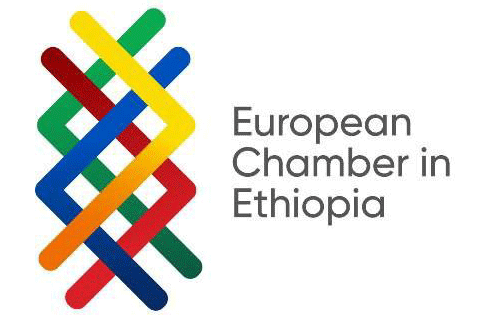In a significant development affecting importers, exporters, and freight forwarders, modifications have been made by the Ethiopian Customs Commission to the approval process for goods imported on franco valuta under special conditions. The changes, mandated by a directive issued by the Commission, are poised to reshape how services are sought and delivered in this domain.
As of February 20, 2024, a revised protocol dictates that customers seeking approval for cases falling outside the established parameters must now direct their requests to the Head Office. This pivotal shift, outlined in Directive No. 66/2004, marks a departure from the previous practice of branch offices overseeing such approvals.
The directive, which cites Article 8(1) and Article 8(2) as its legal basis, underscores the necessity for compliance with the updated approval framework. Importers, exporters, and freight forwarders are urged to familiarize themselves with these amendments to ensure seamless adherence to regulatory requirements.
This progression will compel the European Chamber to voice its apprehensions regarding the obstacles encountered in importing Franco Valuta, attributable to Customs-related issues and delays. Additionally, the centralized application process for imports, directed to the Head Quarters, has exacerbated the situation, resulting in a significant portion of applications being denied. These impediments not only disrupt trade but also undermine the benefits linked with European Foreign Direct Investment (FDI) in Ethiopia. The Chamber calls upon authorities, including the Ethiopian Customs Commission, Ethiopian Investment Commission, and the Ministry of Finance, to swiftly tackle these challenges.
This development underscores the dynamic nature of regulatory frameworks governing international trade and underscores the need for stakeholders to remain vigilant and adaptable in navigating evolving compliance landscapes.
For further details regarding the revised approval process and pertinent regulatory documentation, concerned parties are encouraged to refer to the official communication issued by the Commission in the following links in original and unofficial interpretation of the document. Download File

